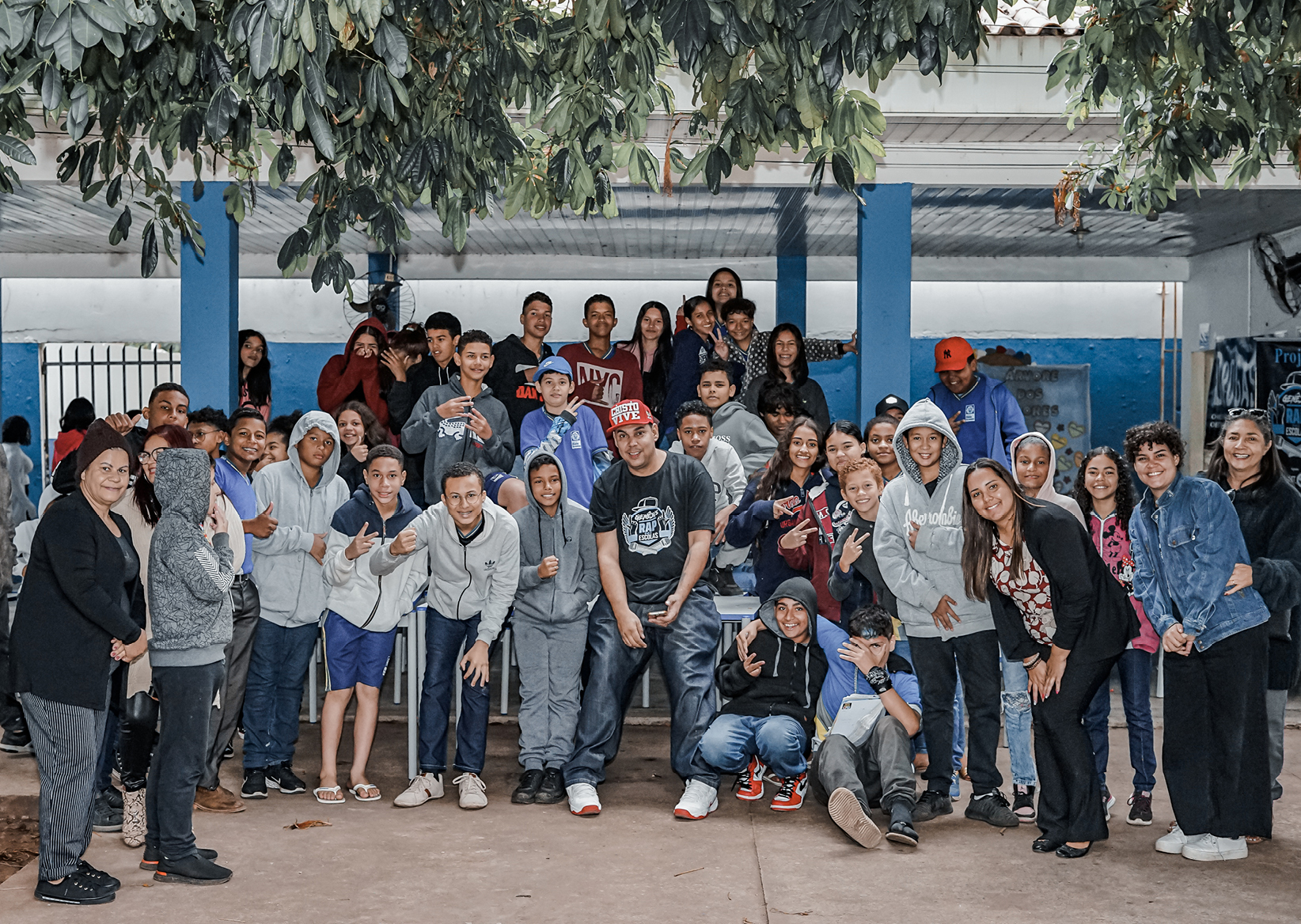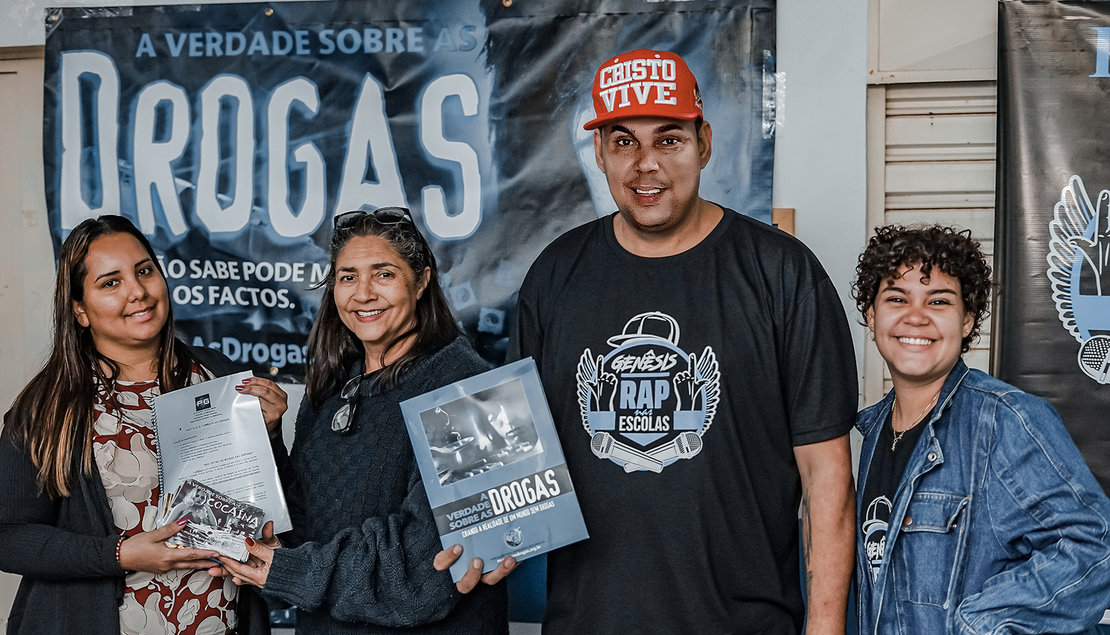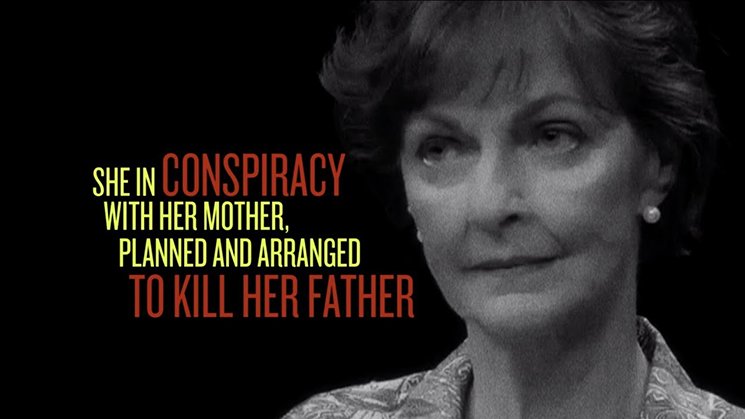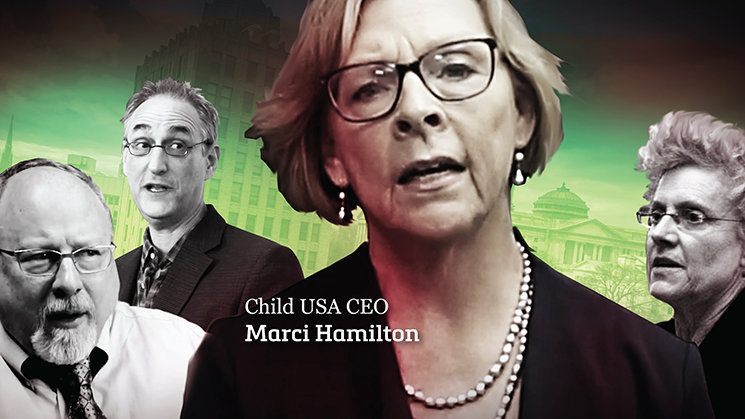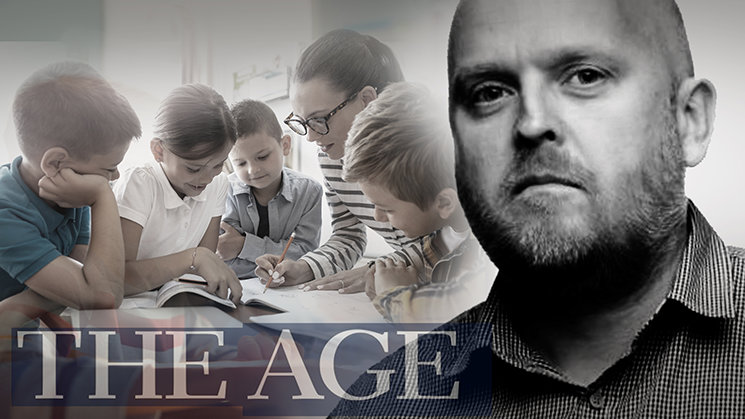Brazilian Rapper Brings Young People the Truth About Drugs
Diogenes Luis de Oliveira, determined to reach out to young people and save them from having to experience the fate that nearly destroyed him, has teamed up with the Foundation for a Drug-Free World to provide youth with powerful drug-education materials.
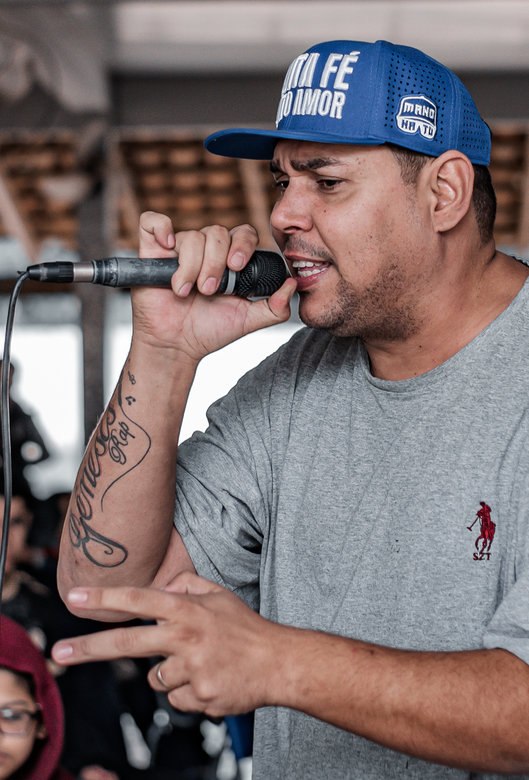
Brazilian rapper Diogenes Luis de Oliveira spends much of his time in a recording studio, but he will tell you the most important hours in his life are those he spends providing school-age children factual information about the dangers of drug use and abuse.
Oliveira knows how easily one can destroy his own life using drugs. He experienced it personally. Addicted to cocaine before he was 15, he had lived a life steeped in street violence and poverty before turning to drug dealing as an escape.
He and his brother were raised by a single mother. While she always put food on the table, childhood was a harrowing and sometime burdensome affair. “I remember going through the garbage in the richest neighborhoods to look for toys for my brother and me,” he said.
“On the weekends, I consumed a lot of alcohol, I got home at dawn and my mother was always up waiting for me,” he said. “And we always argued because she didn’t accept what I was doing with my life.”
He began using marijuana at 14. Then his uncle introduced him to cocaine, which led him into dealing as a way to support his habit. At first, he confined himself to selling marijuana, but soon graduated to trafficking cocaine and crack. And because he was selling, he always had access to drugs. Cocaine use rapidly accelerated from twice a week to a constant activity.
Despite being caught in the web of drugs, Oliveira’s desire to create rap music remained a driving force. He began to write songs in school for his friends, performing in the bathroom between classes.
Oliveira still raps. But his songs now focus on staying clean. He uses his music to speak his truth: that crime and drugs are not the way to solve the problems in life.
“The songs I wrote spoke about my daily life on the streets and about the violence that happens on the outskirts of the city and how I hated the police,” he said. “I extolled crime and gangs in the lyrics and cursed the police.”
His hatred for the police drove a wedge between him and his mother, who had by then remarried a police officer. “I left home,” Oliveira said. “How could I live with a policeman when I hated the uniform?”
He formed a successful rap group that was soon opening major shows, but with fame came increased police scrutiny. In 2003, he was arrested and served time for drug trafficking and theft. If prison was supposed to shock him into reforming, it failed. Behind bars he began using crack.
“When I got out of prison, addicted to crack, with no future, and with only the streets to shelter me, I plunged headlong into the wrong things,” he says. Determined to save her son, his mother convinced him to go into rehab.
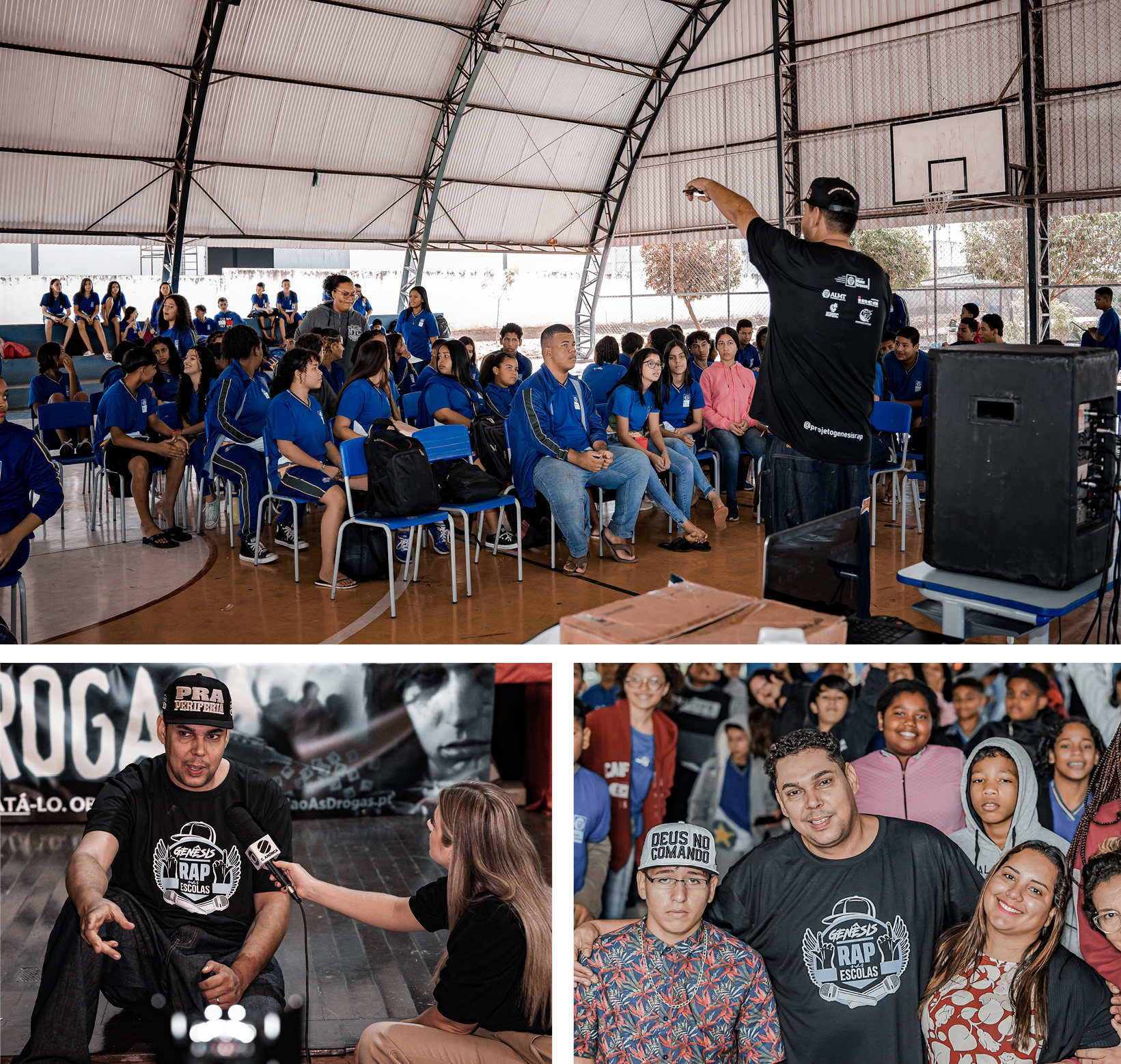
“My mother suggested that I go to a therapy center, and I accepted so that I wouldn't lose sight of her and still have her close by,” he said. His stepfather, the police officer he never wanted to be around, agreed to pay for it.
“It was the best decision I ever made,” Oliveira said. “Life teaches you in surprising ways. I learned there are good cops and bad cops.”
Oliveira still raps. But his songs now focus on staying clean. He uses his music to speak his truth: that crime and drugs are not the way to solve the problems in life. He began visiting schools to share his story and to help kids make the decision to live drug-free.
In 2018, he teamed up with Mundo Sem Drogas, the Brazilian chapter of the Foundation for a Drug-Free World, a nonprofit public benefit corporation that empowers youth and adults with information about drugs so they can make informed decisions.
During the last seven years, he has reached more than 80,000 young people.
Oliveira is determined to reach out to even more youth to save them from having to experience the fate that nearly destroyed him.
“My life goal is to take this talk to as many people as I can, and in this way, reduce the number of people who enter the world of drugs,” he said. “I also think about being able to establish more partnerships and prepare people who are willing to talk about drugs and, in this way, bring this awareness to more people.
“Today, I continue to live the dream that drugs almost stole from me—singing my raps, producing my videos, and most important of all, bringing awareness to schools, which are the foundation of society.”
